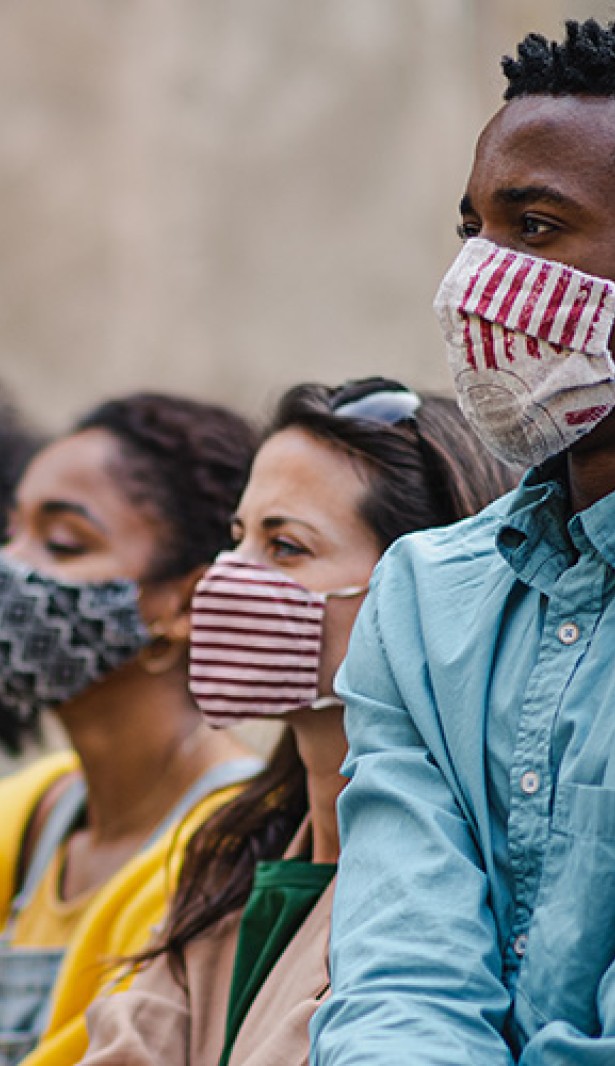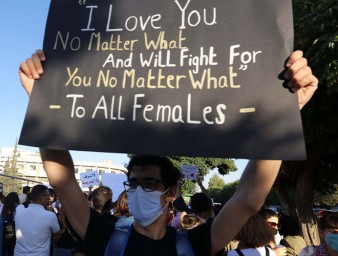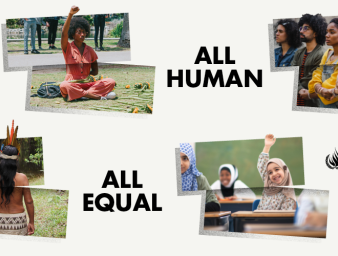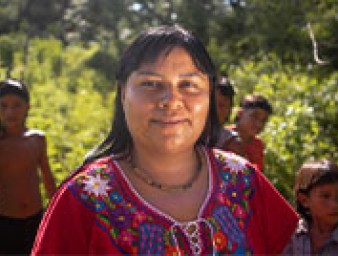COVID-19 presents case for renewed multilateralism, says expert’s report
24 September 2021
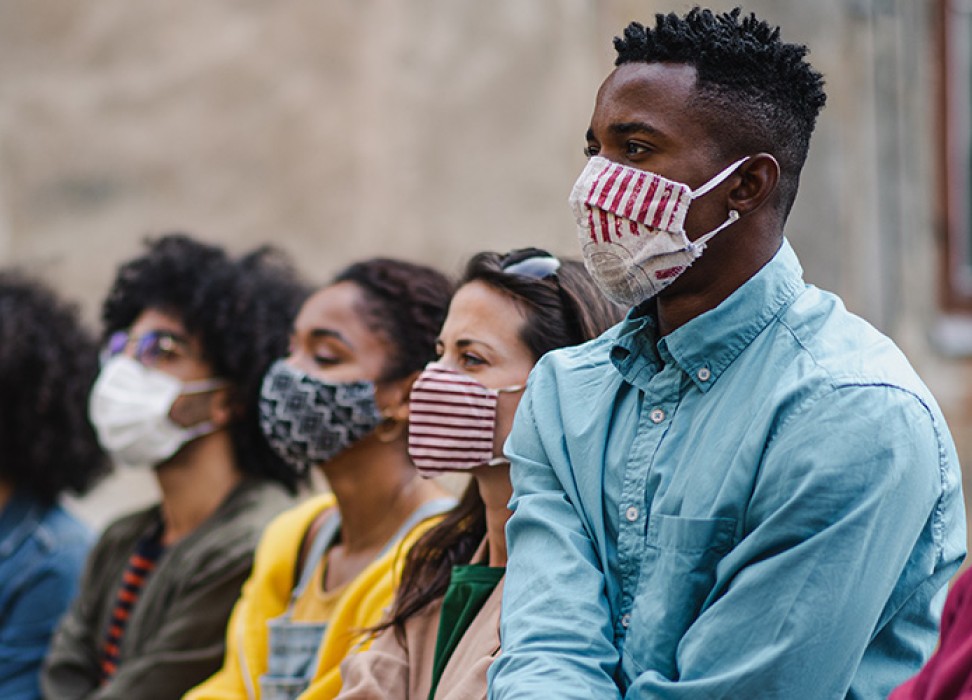
A call to“fully and unequivocally embrace multilateralism, international cooperation and solidarity as the sole way to defeat the pandemic,” was issued by the UN Independent Expert on international order at the current session of the Human Rights Council in Geneva, Switzerland.
Livingstone Sewanyana was presenting his report on renewed multilateralism, outlining the critical need for solidarity to address not only the current pandemic, but also future ones, and to address other urgent global challenges such as climate change.
A just and fair health response is essential to address the global consequences of COVID-19, said Sewanyana, arguing that the equitable distribution of vaccines “ought to be the most profound manifestation of the spirit and raison d’être of multilateralism.”
The report praises the work of the Access to the COVID-19 Tools Accelerator (ACT-A) scheme, which Sewanyana said was humanity’s best hope against the pandemic.
“However, it is abundantly clear that there is now a “two-track pandemic,”” he said, “with high-income countries, which have access to vaccines and as a result have started relaxing safety measures, and other countries, which have no or limited access to vaccines and are facing a very precarious situation.”
‘Vaccine nationalism’ undermining COVID-19 response
Sewanyana expressed grave concern at instances of vaccine nationalism and hoarding, where some countries have struck deals with pharmaceutical companies for the benefit of their own citizens.
The report urges that in the current context, where vaccine supply is limited, that a multilateral approach to global vaccine distribution should be the only way forward.
“It is essential that countries with substantial supplies, thanks to bilateral deals struck with vaccine manufacturers, immediately share doses through the COVAX facility,” Sewanyana said.
This will allow vaccines to be distributed to the 92 low- and middle-income countries participating in the COVAX Vaccines Advance Market Commitment, he noted, and meet the target of vaccinating at least 30 per cent of the population in each country by the end of 2021.
Sewanyana also expressed support for the joint international call for the adoption of an international treaty for pandemic preparedness and response issued last spring. However, he cautioned that any discussion on this should take place within the framework of the World Health Assembly, and called for a wide, open and genuine consultation before any drafting process.
“It would be important that this new instrument explicitly refer to the relevant obligations of States to protect human rights and fundamental freedoms during the pandemic,” he added.
A fair socio-economic recovery
Sewanyana stated that for a fair economic recovery from the pandemic to occur, it is imperative to avert a major global debt crisis and to increase fiscal space for affected countries. He welcomed emergency measures taken by the International Monetary Fund and the World Bank in this regard, including the allocation of 650 billion USD in emergency reserve funds.
The report calls for international tax reform, which, Sewanyana says, will help countries negatively impacted by the pandemic. While acknowledging the agreement on global tax reform passed by the G7 and endorsed by the G20 as a “significant step forward,” he said it would ultimately only benefit rich countries. Such tax reform should take place within the United Nations framework to ensure global inclusion, he said.
The report also recommends other measures to help poorer nations such as the establishment of a global fund for social protection, and the introduction of an emergency universal basic income.
Furthermore, the report warns against the exacerbated impact of unilateral coercive measures - such as crippling economic, political, financial or trade sanctions imposed by a State or group of States on another State - in the context of the pandemic. Such measures are endured first and foremost by the civilian population of the targeted countries, said Sewanyana.
Time to embrace multilateralism
As the pandemic and its devastating consequences continue to impact the world, Sewanyana stressed that a “renewed multilateralism” must be embraced. With a more effective and more inclusive approach, he said, we can respond and recover from the pandemic putting people and respect for human rights at the centre of the process.
“The pandemic presents an opportunity for the world to be better prepared next time and to build back better and more resilient, while achieving a democratic and equitable international order,” he said. “It should be seized decisively.”
24 September 2021
